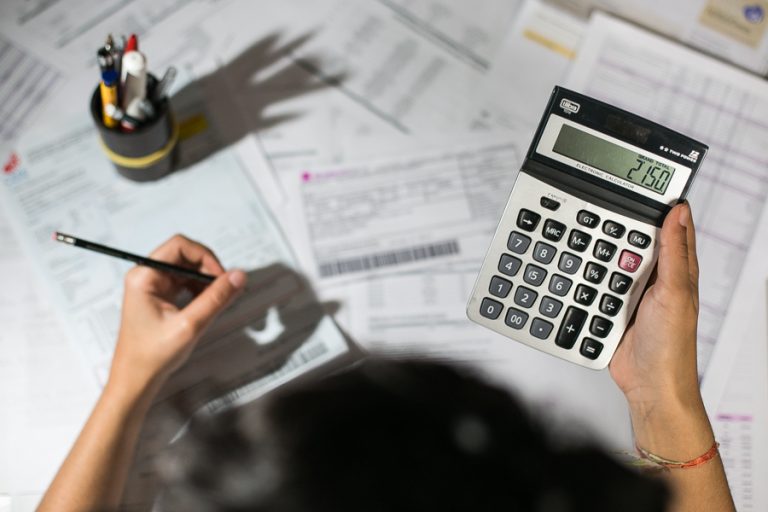Swiss bank UBS, accused of having setup, between 2004 and 2012, an occult system to encourage French citizens to invest their money in Switzerland[1], appeared before the Paris Court of Appeal after being ordered to pay the unprecedented sum of € 4.5 billion in sanctions at first instance for illegal banking solicitation and laundering of aggravated tax fraud. This sum was eventually considerably reduced to € 1.8 billion.
It is rare for a stock price to rise after the announcement of a judicial conviction. However, following UBS’s condemnation by the Paris Court of Appeal with sanctions totaling € 1.8 billion, the Swiss bank’s stock price briefly surged by 2.7% [2]. This reaction illustrates a form of relief following this long-awaited judgement.
With a record-breaking penalty of € 4.5 billion, the judgment of first instance pronounced by the Paris Criminal Court was held up as an example of the severity and increasing criminalization of tax law [3]. Some saw this judgment as a message to companies facing prosecution in favor of a negotiated justice. Indeed, the first instance UBS’s conviction followed its referral to court after negotiations for the possible conclusion of a Judicial Public Interest Agreement (CJIP) failed. During these negotiations, the prosecution proposed UBS a penalty closer to € 1 or € 2 billion [4]. The bank refused, probably considering it too high and preferring to present its arguments and defense during a trial.
I. A foreseeable reduction of the penalty
While the public prosecutor’s office was initially followed at first instance in its demands amounting to € 3.7 billion (the remainder of the penalty representing the damage suffered by the State), the requisitions of the public prosecutor on appeal were lower, at € 2 billion. This change in the prosecution’s position can probably be explained by a judgment dating back from 2019 [5] in which the Court of Cassation had the opportunity to clarify the basis for calculating the penalty. It is now based not on the object of the offence but on its proceeds, i.e. the amount evaded from taxation (and not the money concealed).
This method of calculation was probably also considered by the Paris Court of Appeal. Indeed, in addition to the € 800 million paid to the State as damages, a fine of € 3.75 million was ordered, compared to the € 3.7 billion initially imposed by the court of first instance, as well as the confiscation of € 1 billion. In total, UBS will have been fined € 1.8 billion. This amount must be put into perspective with the fines negotiated by UBS with the American ($ 230 million) and German (€ 302 million) justice [6][7].
As for the sentences pronounced against the natural persons, UBS executives, these were also slightly reduced. Four of these executives were sentenced, as opposed to five at first instance, to sentences of up to one year’s suspended imprisonment and a fine of € 300 000 [8].
II. A partial success of UBS’s strategy
The fine ordered at first instance made believe in the hardening of tone vis-à-vis the banking community. Conversely, the amount retained on appeal appears to be more in line with the range of sentences usually pronounced.
However, it is questionable whether UBS’s strategy of refusing a negotiated outcome to defend itself before the criminal courts was appropriate as the appeal conviction is close to the amounts mentioned by the CJIP which was considered for a time.
It seems that UBS chose a more traditional and principled defense since it announced through its counsel that it would not exclude an appeal to the Cour de cassation (French Supreme Court) [9]. The refusal of negotiated justice may thus be more a willingness to defend its rights than a financial strategy.
The initial enthusiasm of the stock price was quickly erased by investors concerned about a possible appeal by the French State [10].











